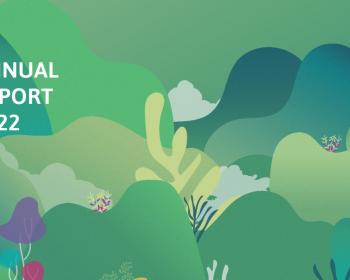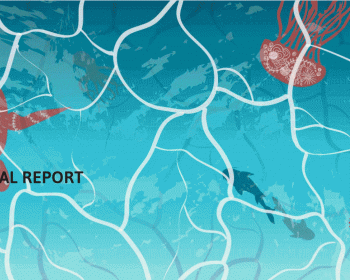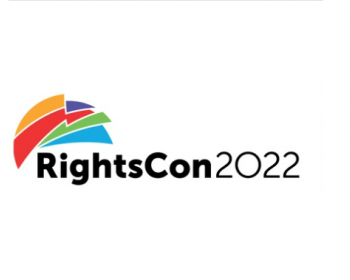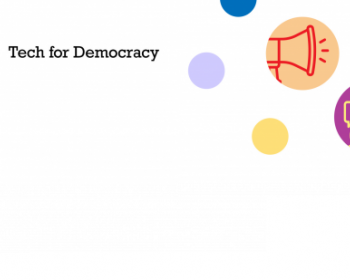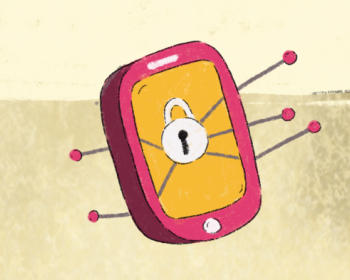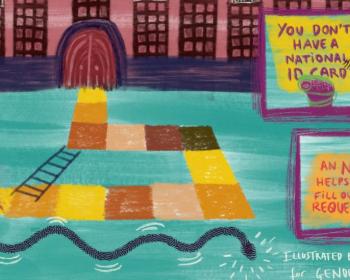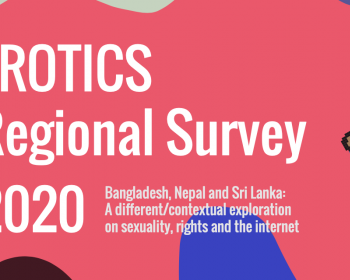human rights and ICTs
Throughout APC’s 2022 Annual Report you will discover how in standing up to oppression and advocating for the expression of human rights online and offline, our network’s transformative actions have created ripples of change.
This statement, delivered during the informal dialogue open to all interested stakeholders on 1 March 2023, reiterates APC's call for a human rights-based and gender approach to existing and emerging threats, so that cybersecurity can improve the security of people in all their diversity.
Our 2021 Annual Report tells a story made by many stories taking place in the most diverse scenarios but connected through purpose. Here you will find a chronicle of how the APC community lived, worked and thrived through a turbulent but fruitful year.
APC's participation at RightsCon will focus on due diligence, environmental and human rights impact assessments in the tech sector, integration of gender perspectives into cyber policies, contributing to the Global Digital Compact process and financing mechanisms for community-owned networks.
Digital cooperation will be crucial if we want ICTs to focus on the public good, and this column outlines some opportunities, threats, and paths forward for this.
APC will engage in five days of multistakeholder dialogue on how technology can support democracy and human rights, through leading two sessions and sharing remarks during the opening and closing plenaries of the event.
As members of the Global Encryption Coalition, APC is joining the efforts around the first annual Global Encryption Day to take place on 21 October. This guide was developed by APC's Tech team as part of APC's engagement in the campaign.
The first modules of a step-by-step guide that explains the negative impact of digital devices on both people and the planet and how a circular approach to the production, use and disposal of digital devices offers a solution will be launched on 4 October.
The integrated biometric database system in Kenya exposes multilayered challenges of statelessness, loss of basic human rights and obstacles to availing government services. Through conversations with Mariam, a Nubian woman we learn about the tedious and lengthy process to obtain an ID card.
Between August 2018 and October 2020, APC’s partners carried out this regional survey related to sexuality on the internet in Bangladesh, Nepal and Sri Lanka. This publication is based on the country regional surveys conducted in local languages by EROTICS partners and focal points.

Association for Progressive Communications (APC) 2022
Unless otherwise stated, content on the APC website is licensed under Creative Commons Attribution 4.0 International (CC BY 4.0)



